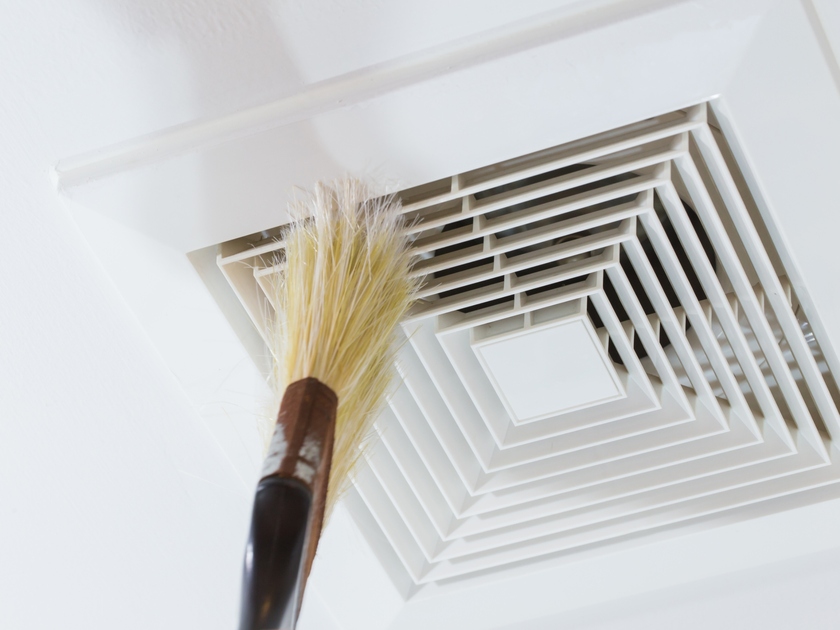Spring Cleaning Your HVAC System

It's been a long, hard winter for your HVAC system. All that hard work keeping your indoor space comfortable, as well as weather-related wear and tear on outdoor components can really take its toll.
Spring cleaning has long been an annual ritual in millions of households across the country. As the season changes, spring is the perfect time to shake the dust off your HVAC system, helping it run more efficiently, saving you money this summer and all year long. Here are some spring-cleaning tips for your system.
Lubricate moving parts
Your HVAC system contains a lot of moving parts, such as fans and motor bearings. The constant movement creates a great deal of friction. Over time, this friction can cause moving parts to deteriorate and finally fail. This can damage your entire system, leading to expensive repairs. It's important to lubricate HVAC system parts at least twice a year. As you're gearing up for the summer cooling system, spring is the perfect time.
Clear debris from outdoor units
Leaves, sticks and other debris on outdoor condenser units can block your vents, which can reduce air flow and system efficiency. It's important to clean the area around your condenser units and other outdoor components of this type of debris. Also, dirt and small debris can make its way inside the unit. Cleaning these involves taking the unit apart and reassembling it, which should be done by a qualified HVAC technician.
Clean indoor components
Indoor components — such as blower fans, evaporator coils, ductwork and vents — are also subject to dust and dirt accumulation. Dirty components are less effective at moving air, which reduces system efficiency and increases operating costs. That dirt and dust can also make its way into your home, reducing indoor air quality. Make sure your system is thoroughly cleaned by a qualified technician.
Clear condensate drain lines
Condensate drain lines remove the excess moisture that can build up in your system. When drain lines get clogged, mold and bacteria can grow inside the system and then spread throughout your house. Check condensate drain lines for obstructions and make sure any excess water can flow freely. Consider applying an algaecide to prevent algae growth, which could block drain lines.
Change air filters
Air filters catch dust and other particles before they enter your home, keeping the air clean and safe to breathe. When these filters get blocked, allergens such as pollen can enter your house. Dirty filters can also impact the performance of your HVAC system. Install fresh air filters throughout your system and change them regularly according to manufacturer's guidelines.
To optimize efficiency and comfort, have your HVAC system cleaned and inspected twice a year by a qualified professional and practice regularly preventive maintenance throughout the year.
Want More Tips & Other Helpful Resources?
Sign up for our monthly e-newsletter for more money-saving ways to manage your energy use!



